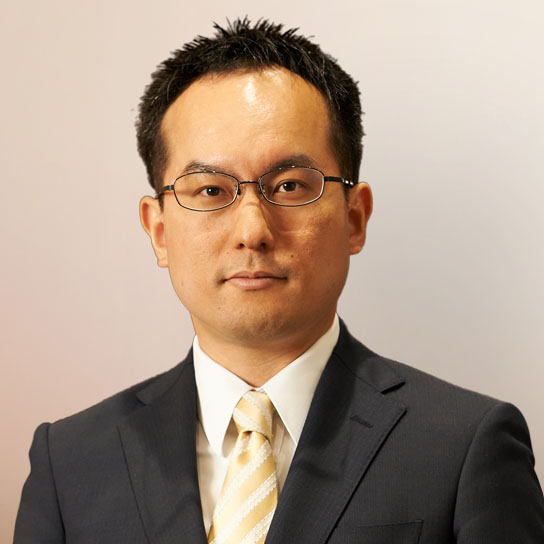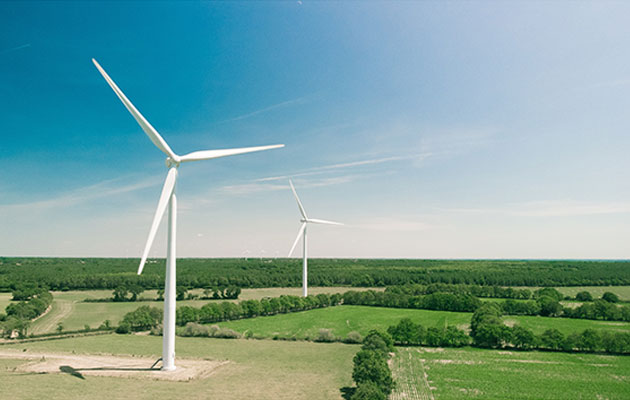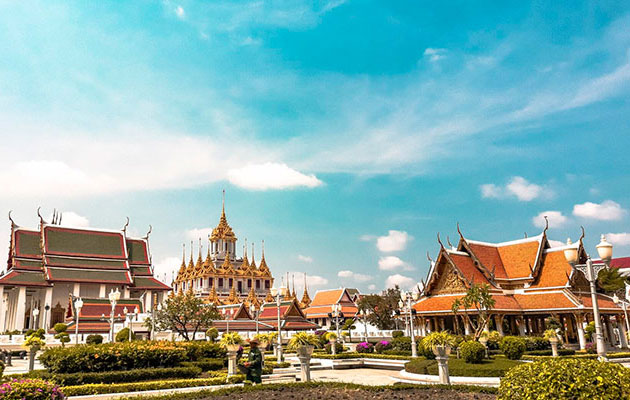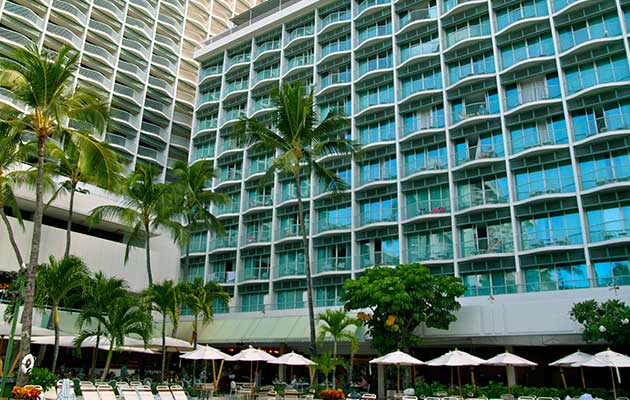The Thai electricity supply industry operates through a state-owned scheme under which private businesses are classified into three types: (i) IPP (Independent Power Producer), (ii) SPP (Small Power Producer) and (iii) VSPP (Very Small Power Producer). As these names imply, classification is based on production capacity, with IPP having total production capacity exceeding 90 MW and SPP and VSPP having capacities between 10 to 90 MW and less than 10 MW, respectively. IPP and SPP are obligated to sell all of their outputs to the Electricity Generating Authority of Thailand (“EGAT”), while VSPP only may sell to the Provincial Electricity Authority (“PEA”).
Provided that a bidding system is utilized for selecting IPP project operators, bidders typically are driven to enter…To read the full article, please see the PDF file
-
Natural Resources & Energy Newsletter (September 28, 2021) (298 KB / 6 pages)
Download PDF [299 KB]










Sadayuki has a wealth of experience in supporting international clients in projects, transactions, and businesses in the energy sector. Sadayuki advises his clients on the best solutions for achieving their business goals based on his deep understanding of the relevant laws and regulations and practices in the full energy supply chain. He also has expertise in carbon-neutral projects and businesses, such as renewable power projects and hydrogen projects, as well as pioneering businesses involved in recent developments in the electricity market and the regulations thereon. Sadayuki serves as a member of an industrial safety rules committee and a hydrogen safety strategy committee, both of which were established by the Ministry of Economy, Trade and Industry of Japan, and also is a member of an electricity capacity market committee, which is part of the Organization for Cross-regional Coordination of Transmission Operators, Japan (OCCTO).